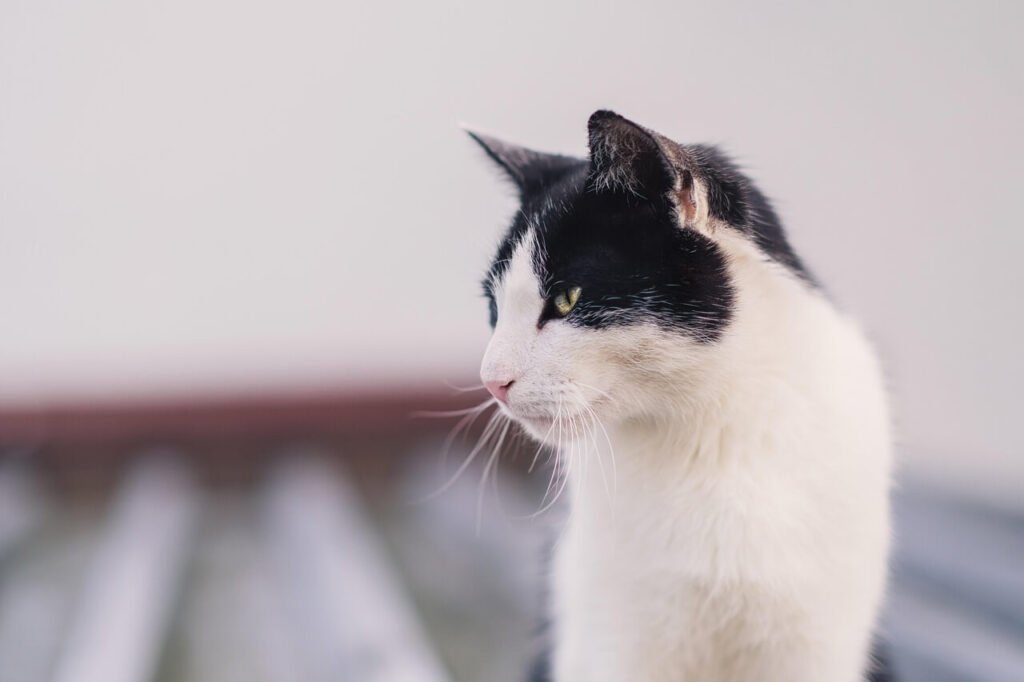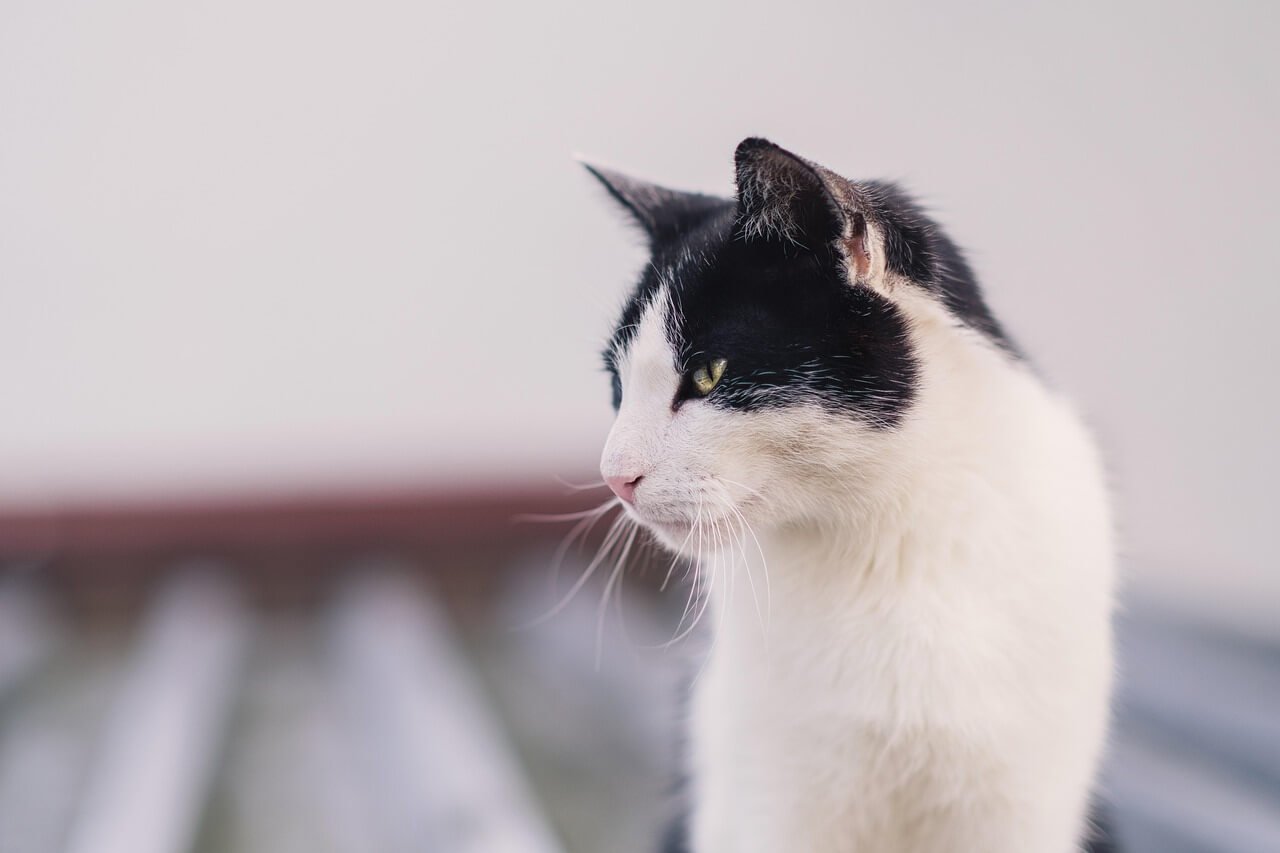What Cat Food Makes Cats Poop Smell Less?
Let’s face it—cleaning the litter box is one of the less glamorous parts of cat ownership, especially when the smell is overwhelming. While some odor is inevitable, certain types of cat food can significantly reduce the unpleasantness. The key lies in understanding how diet affects your cat’s digestion and stool quality. By choosing the right food, you can minimize odors while promoting your cat’s overall health. In this blog post, we’ll explore the best cat foods for reducing poop smell, along with tips to keep your home fresh and your feline friend happy.
Factors That Influence Cat Poop Smell
Before diving into specific cat food options, it’s important to understand what causes strong-smelling poop in the first place. Several factors contribute to the intensity of the odor, and addressing these can help you make informed dietary choices.
Protein Quality:
Low-quality proteins or excessive amounts of indigestible animal by-products can lead to stronger-smelling waste.Carbohydrate Content:
High-carb diets often result in undigested sugars that ferment in the gut, producing foul odors.Digestive Health:
Poor gut health or imbalances in gut bacteria can cause malodorous stools, regardless of diet quality.Food Additives:
Artificial flavors, colors, and preservatives may disrupt digestion and contribute to unpleasant smells.Underlying Health Issues:
Conditions like gastrointestinal diseases or food intolerances can also affect stool odor, requiring veterinary attention.
By addressing these factors through dietary adjustments, you can take a proactive approach to minimizing odors.
Best Types of Cat Food for Reducing Poop Smell
Choosing the right cat food can make a noticeable difference in the smell of your cat’s poop. Here are some top options that prioritize digestibility and odor control.
High-Quality Protein Sources:
Look for foods made with real meat as the primary ingredient, such as chicken, turkey, or salmon, which are easier to digest than fillers.Grain-Free Formulas:
Grain-free foods reduce carbohydrate content, helping to minimize fermentation and gas production in the gut.Limited Ingredient Diets (LIDs):
These diets use fewer ingredients, making them ideal for cats with sensitivities or allergies that may affect digestion.Fiber-Rich Foods:
Moderate fiber levels promote healthy digestion without overloading the system, reducing the risk of smelly stools.Probiotic-Enhanced Foods:
Foods containing probiotics support gut health, improving nutrient absorption and reducing odor-causing waste.
Switching to these types of cat food can help keep your cat’s digestive system running smoothly and their litter box more pleasant to clean.
Check this guide 👉White Dots in Cat Poop: Best 7 Health Tips!
Check this guide 👉Can You Flush Cat Poop? Best 7 Expert Tips!
Check this guide 👉Sour Smelling Cat Poop: Best 7 Expert Tips!

Cat Food Features to Look For | Ingredients to Avoid |
|---|---|
Real meat as the first ingredient | Artificial colors and flavors |
Limited carbohydrates | Excessive fillers like corn or soy |
Added probiotics for gut health | Meat by-products or unnamed proteins |
Grain-free or low-grain formulas | Preservatives like BHA or BHT |
Balanced fiber content | Cheap plant-based proteins |
Tips for Transitioning to New Cat Food
Switching your cat’s food requires patience and care to avoid upsetting their stomach. Follow these steps to ensure a smooth transition.
Gradual Mixing:
Start by mixing a small amount of the new food with the old, gradually increasing the proportion over 7-10 days.Monitor Digestion:
Watch for changes in your cat’s stool consistency or behavior during the transition period.Introduce Probiotics:
Adding a probiotic supplement can ease digestive adjustments and support gut health during the switch.Stay Consistent:
Stick with the new food for at least a few weeks to allow your cat’s system time to adapt fully.Consult Your Vet:
If your cat has sensitive digestion or underlying health issues, consult your veterinarian before making any changes.
A careful transition ensures your cat adapts well to their new diet without discomfort or setbacks.
Additional Ways to Minimize Litter Box Odor
While diet plays a major role in controlling poop smell, other strategies can further reduce litter box odors. Combining these methods creates a fresher environment for everyone.
Use High-Quality Litter:
Choose clumping, odor-absorbing litters designed to trap smells effectively.Clean the Litter Box Daily:
Regular scooping prevents odor buildup and keeps the box hygienic for your cat.Add Natural Deodorizers:
Sprinkle baking soda or charcoal powder in the litter to neutralize odors naturally.Ventilate the Area:
Place the litter box in a well-ventilated space to disperse lingering smells.Check for Health Issues:
Persistent bad odors could indicate an underlying medical condition, so consult your vet if problems persist.
These additional steps complement dietary changes, ensuring your home stays fresh and inviting.
Common Mistakes When Choosing Cat Food
Selecting the wrong cat food can inadvertently worsen poop odors. Avoid these common mistakes to ensure your cat’s diet supports their digestive health.
Ignoring Ingredient Lists:
Failing to read labels can lead to feeding low-quality proteins and harmful additives that upset digestion.Overlooking Fiber Levels:
Too much fiber can cause excessive gas, while too little may lead to constipation or poor nutrient absorption.Relying on Cheap Brands:
Budget-friendly options often cut corners with fillers and artificial ingredients that harm digestion.Skipping Vet Consultations:
Making dietary changes without professional advice can exacerbate existing health issues.Changing Food Too Quickly:
Sudden switches can shock your cat’s system, leading to diarrhea and increased odor.
Avoiding these pitfalls helps you make smarter, healthier choices for your cat.
Signs Your Cat’s Diet Needs Adjustment
Sometimes, persistent poop odors are a sign that your cat’s current diet isn’t working for them. Look out for these indicators that it’s time to reconsider their food.
Frequent Loose Stools:
Diarrhea or consistently soft stools suggest poor digestion and nutrient absorption.Excessive Gas:
Unusual amounts of flatulence often point to difficulty processing certain ingredients.Weight Changes:
Sudden weight loss or gain may indicate nutritional imbalances in their diet.Decreased Energy Levels:
Lethargy could signal that your cat isn’t getting enough energy from their food.Increased Litter Box Odors:
Stronger-than-usual smells are a clear sign that something in their diet needs adjustment.
Recognizing these signs early allows you to address potential issues promptly.
Benefits of a Balanced Diet Beyond Odor Control
Feeding your cat a balanced, high-quality diet offers numerous advantages beyond reducing poop smell. These benefits contribute to their long-term health and happiness.
Improved Coat Condition:
Nutrient-rich foods promote shinier, softer fur and reduce shedding.Stronger Immune System:
Essential vitamins and minerals strengthen your cat’s ability to fight off illnesses.Better Dental Health:
Certain foods help reduce plaque buildup, supporting oral hygiene and preventing dental issues.Increased Energy Levels:
Proper nutrition fuels your cat’s playful nature, keeping them active and engaged.Longer Lifespan:
A well-balanced diet reduces the risk of chronic diseases, extending your cat’s life expectancy.
Investing in your cat’s diet pays off in countless ways, ensuring they thrive both inside and out.
Frequently Asked Questions About Reducing Cat Poop Smell
Can wet food help reduce poop smell?
Yes, wet food often contains higher-quality ingredients and moisture, which can improve digestion and reduce odor.
How long does it take to see results from a diet change?
It typically takes 1-2 weeks for dietary changes to noticeably affect stool odor.
Are probiotics safe for cats?
Yes, many probiotics are formulated specifically for cats and can safely support their digestive health.
Why does my cat’s poop smell worse after switching food?
A sudden change in diet can upset your cat’s stomach; always transition gradually to avoid this issue.
Does dry food cause worse odors than wet food?
Not necessarily, but lower-quality dry foods with fillers and carbs may contribute to stronger-smelling waste.
Creating a Fresher Environment for You and Your Cat
Reducing the smell of your cat’s poop doesn’t have to be a daunting task. By selecting high-quality, digestible cat food and implementing complementary strategies, you can create a cleaner, fresher home environment. Remember, your cat’s diet directly impacts their overall health, so prioritizing nutritious options benefits both you and your furry companion. With a little effort and the right approach, you can enjoy the joys of cat ownership without dreading the litter box cleanup.
Do Cats Have Taste Buds? Best 7 Expert Tips! – Discover how cats experience flavors and why their taste is so unique.
Do Dogs Have Taste Buds? Best 7 Expert Tips! – Discover how dogs experience taste, their preferences, and what it means for their diet and health.
Can Cats Taste Sweet? Best 7 Expert Tips! – Discover why cats can’t taste sweetness, how it affects their diet, and tips to keep them healthy and happy.
Can Dogs Taste Sweet? Best 7 Expert Tips! – Discover how dogs perceive sweetness, which foods are safe, and tips to manage their sweet cravings responsibly.





